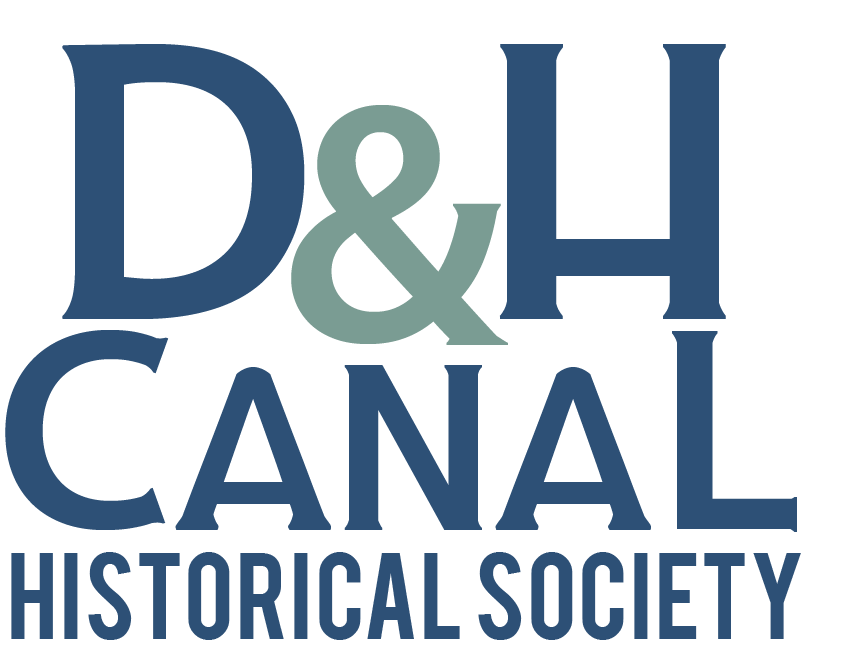Cybersecurity is a rapidly growing, multi-billion-dollar problem impacting many aspects of our daily lives, from our credit cards and health care data to cryptocurrencies and the spectre of cyberwarfare. Join Dr. DeCusatis as he discusses some recent cyberattacks to better understand the nature and scale of the threat.
Attendance at these talks will be free. We suggest a donation of $15 per person if guests wish to help support the Canal Society and its mission
About this lecture
The Cybersecurity Tipping Point: it’s 2022, why are we still being hacked?
Casimer DeCusatis, Ph.D.
Associate Professor and Director of Cybersecurity Education, Marist College
Cybersecurity is a rapidly growing, multi-billion-dollar problem impacting many aspects of our daily lives, from our credit cards and health care data to cryptocurrencies and the spectre of cyberwarfare. In this talk, we’ll look behind the headlines of some recent cyberattacks to better understand the nature and scale of the threat. We’ll also consider some of the things a cybersecurity professional might encounter from day to day. Without delving into programming or mathematical details, we’ll discuss ransomware, watering hole attacks, denial of service, blockchains, and other fundamental cybersecurity concepts. Given this context, we can then consider whether traditional assumptions about security are likely to prevail in the long run, or if we’re approaching a tipping point that could forever change how we view security and privacy in our daily lives.
-
Casimer DeCusatis, Ph.D. is an Associate Professor of ITS and Director of Cybersecurity Education at Marist College, Poughkeepsie, NY. He has been with Marist College since 2014, following a 24-year career with IBM. He is an IBM Distinguished Engineer Emeritus, a Cisco Distinguished Speaker, a Fellow of the IEEE, Optica, and SPIE, an IBM Master Inventor with over 200 patents, and recipient of the IEEE Kiyo Tomiyasu Award, the Sigma Xi Walston Chubb Award, and the IEEE/HKN Outstanding Young Electrical Engineer Award (including a Presidential citation and an American flag flown in his honor over the U.S. Capitol). He has worked on enterprise computing systems, including the disaster recovery networks used at the World Trade Center on 9/11 (for which he received the Mensa award for creative achievement), and led the NSF SecureCloud research program. Dr. DeCusatis received the M.S. and Ph.D. degrees from Rensselaer Polytechnic Institute (Troy, N.Y.) in 1988 and 1990, respectively, and the B.S. degree magna cum laude in the Engineering Science Honors Program from the Pennsylvania State University (University Park, PA) in 1986.
